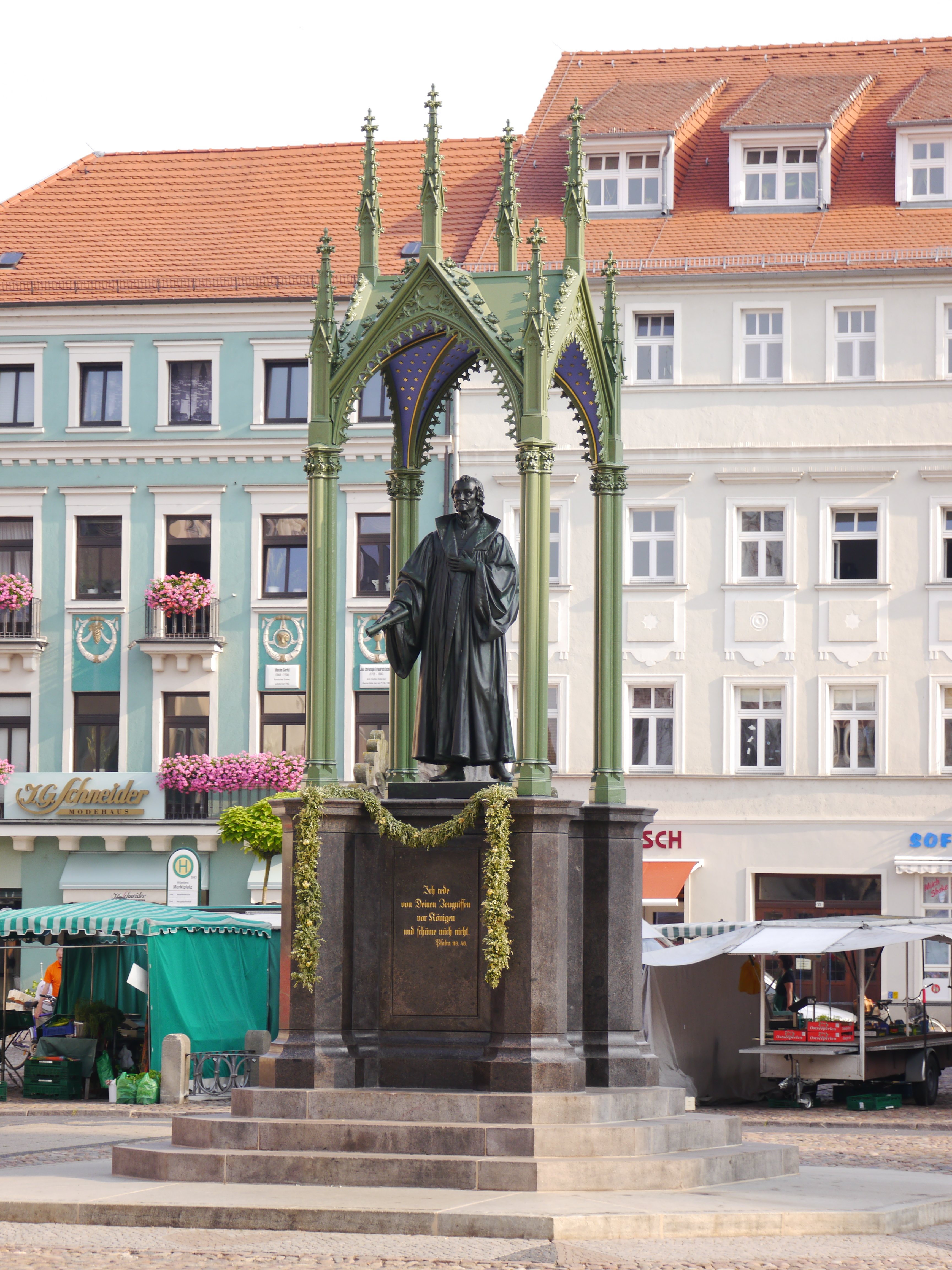
Philipp Melanchthon (1497-1560)
Luther's Closest Confidant
Philipp Melanchthon was born in Bretten near Karlsruhe on 16 February 1497. And following his studies in Tübingen, he came to Wittenberg in 1518 as a professor of Greek. It was there that he became acquainted with Luther.
“My first experience of Luther was in May 1518 during a disputation at the University of Heidelberg. His 95 Theses and his reformatory ideas aroused immediate interest in me. A deep friendship developed between Martin and myself. We could sit together and discuss things for hours. Luther educated me about Reformation theology. I, on the other hand, taught him Greek. I was ultimately able to convince Luther to translate the Bible into a form of German that could be understood by the people. I also owe my marriage to him. I was not particularly enthusiastic about the idea of getting married to begin with. After all, a man with a family has less time for studying. Luther was able to do both very well – study and let his hair down. I can still remember one situation very well. I was working at my desk when Luther came in, took the pen out of my hand and said “We can serve God not with work alone, but also with celebrations and rest.” However, Martin also worked hard. When he was pursuing an idea or writing something, he ate and drank almost nothing apart from some salted bread and a little beer. On those occasions, he said that hard work makes us healthy and strong.”
Philipp Melanchthon became Luther’s most important colleague. He represented Luther in many matters, for example at the Diet of Augsburg in 1530, as Luther was not able to leave the Electorate of Saxony on account of the ban imposed on him. After Luther’s death, Melanchthon became the spokesman for the Reformation. He died on 19 April 1560 in Wittenberg, where his final resting place is next to Martin Luther in the Castle Church.







